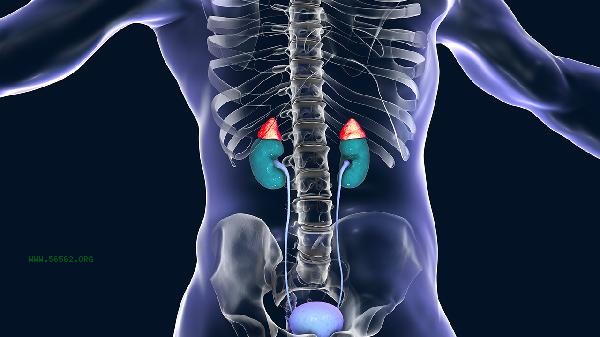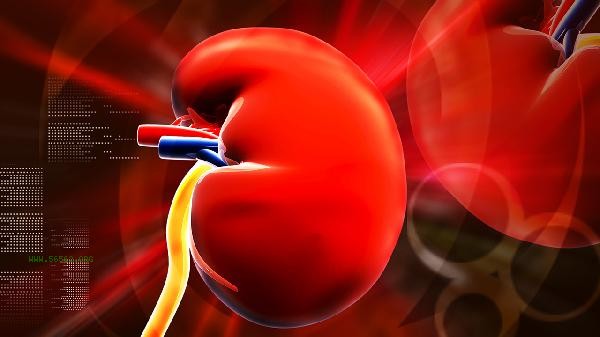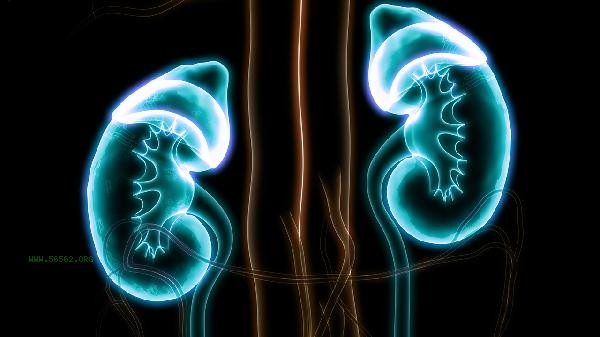High levels of uric acid and creatinine may be caused by factors such as a high purine diet, dehydration, vigorous exercise, abnormal kidney function, and medication side effects.
1. High purine diet:
Long term intake of high purine foods such as animal organs, seafood, and concentrated meat soup can increase uric acid production. Uric acid is the end product of purine metabolism, and excessive accumulation can lead to an increase in uric acid concentration in the blood. Suggest reducing red meat intake, increasing the proportion of low-fat dairy products and vegetables, and drinking at least 2000 milliliters of water per day to promote excretion.

2. Dehydration state: When there is insufficient body fluid, renal blood flow decreases, and creatinine, as a muscle metabolite, cannot be effectively filtered. High temperature work, diarrhea, or insufficient drinking water can all lead to temporary elevation of creatinine. Maintain regular drinking habits, replenish water before feeling thirsty, and avoid diuretic drinks such as strong tea and coffee from exacerbating dehydration. 3. Intense exercise: Short term high-intensity exercise can accelerate muscle breakdown, producing a large amount of creatine kinase and creatinine. There may be a transient increase in creatinine after endurance exercises such as marathons. Electrolytes should be replenished promptly after exercise, and indicators should be rechecked within 48 hours. If there is a persistent increase, rhabdomyolysis should be investigated.
4. Abnormal renal function:
Patients with chronic kidney disease have decreased glomerular filtration rate and weakened creatinine clearance ability. Diseases such as diabetes, kidney disease, hypertension and kidney damage will affect uric acid excretion at the same time. Such patients may have symptoms such as increased nocturnal urine and foam urine, which need to be further evaluated by microalbuminuria and kidney B-ultrasound.
5. Drug effects:

Diuretics such as hydrochlorothiazide competitively inhibit uric acid excretion, while immunosuppressants such as cyclosporine may cause renal tubular damage. Aspirin can also interfere with uric acid metabolism when used in low doses. Long term users of these medications should regularly monitor their kidney function and adjust their medication regimen under the guidance of a doctor if necessary.
Controlling uric acid and creatinine requires comprehensive lifestyle interventions, maintaining a daily intake of 1500-2000 milliliters of water, and prioritizing the use of plain water and light tea. Adopt a low salt and low-fat diet, limit daily purine intake to below 300 milligrams, and consume more diuretic ingredients such as winter melon and Job's tears. To avoid sudden overload exercise, it is recommended to use aerobic exercises such as swimming and brisk walking 3-5 times a week. Individuals with abnormal renal function should have their urine routine and renal function checked every 3-6 months. If persistent abnormalities are found, they should seek medical attention promptly at the nephrology department. Pay attention to the early warning symptoms such as edema of lower limbs and change of urination habits, and strictly monitor all indicators for patients with hypertension or diabetes.










Comments (0)
Leave a Comment
No comments yet
Be the first to share your thoughts!